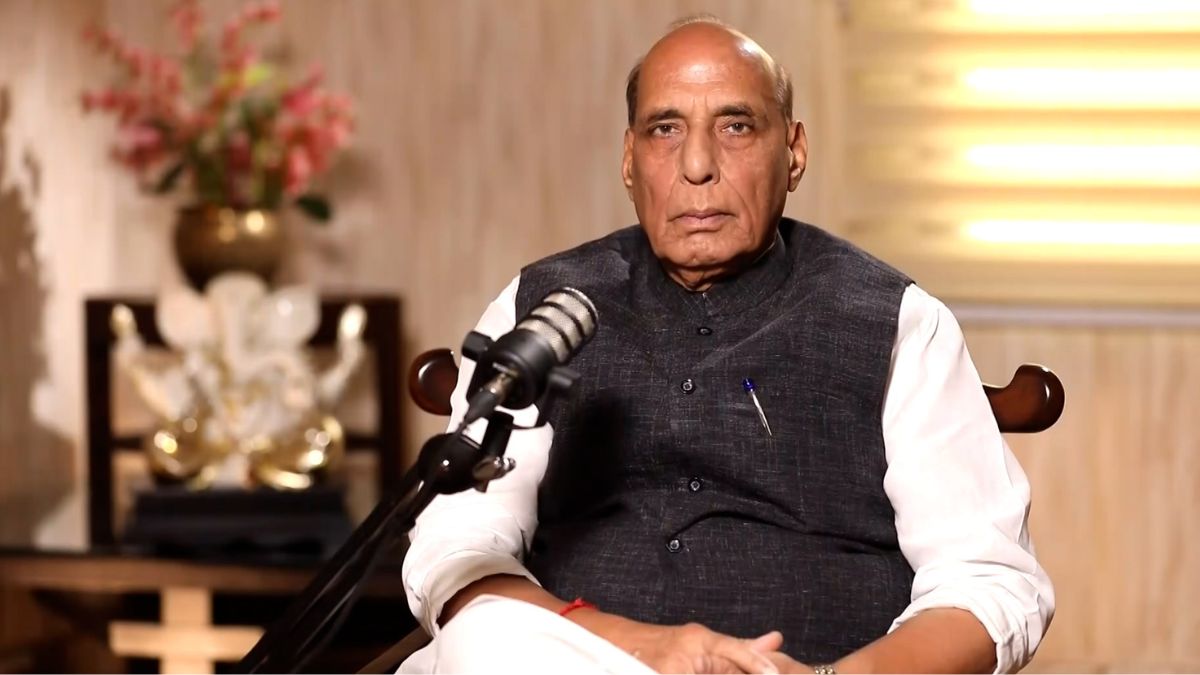An article in the British news outlet The Guardian, titled “Indian government ordered killings in Pakistan, intelligence officials claim”, published on April 4, 2024, on the alleged extraterritorial operations by Indian intelligence against dreaded terrorists and their handler agents inside Pakistan has created waves within the Indian and international strategic communities.
Notwithstanding multiple gaffes such as publishing incorrect photographs of alleged terrorists (later changed without disclaimer) or not following basic journalistic ethics such as corroboration of information received from dubious sources, the article seems to have been written to make certain tenuous connections between allegations of similar killings in other countries as well as paint the Indian state as one that willingly flouts international norms.
Certain comments by Rajnath Singh, the defence minister, in a subsequent interview with News18, have been taken out of context and abstracted out to make it seem that the defence minister was acknowledging the allegations made by The Guardian — something that was again used by the British news outlet to buttress its version of the story.
The string of new stories emanating from The Guardian makes it look like a very lazy attempt to make the case for an Indian intelligence commonality between what is alleged to have happened in Canada and the US and create an image of an out-of-place India that has forgotten its stature as a member of the Global South.
Listening to the defence minister’s conversation in detail and putting the comments in the historical context of India’s fight with sponsored terror from Pakistan paints a clear yet nuanced picture of the country’s changed calculus of response to terror incidents within its sovereign space.
Impact Shorts
More ShortsFor a very long time, students of international relations and security studies have classified the India-Pakistan dyad as one demonstrating a classic case of the stability-instability paradox. This means that in a pair of two nuclear-armed adversaries, the stability engendered at the strategic and political level can be used to create instability at the lower or tactical level. Though the tenets of this paradox did not hold at the first instance of an armed confrontation between the armies of the two states in Kargil in 1999, Pakistan felt bold enough to carry out terror strikes with impunity inside India for close to two decades, secure in the fact that India will not take any reciprocal military action against the terror nests and havens inside Pakistan since a strike inside Pakistan’s territory may raise the stakes for a nuclear exchange in the subcontinent.
Before going further, one needs to highlight a peculiar fact about Pakistan, one that has been harped upon on multiple platforms but needs to be restated to put this entire episode in perspective: Pakistan is a state sponsor of terrorism.
Nowhere in the entire world can you point to a country that has opened schools for indoctrinating, radicalising, and training terrorists; where a country’s armed forces and terrorists have open access to each other’s facilities and personnel; and whose trained terrorists have been responsible for killings as far wide as Europe, Africa, the US, and West Asia, apart from making the entire South Asia a killing ground.
Moving forward, Pakistan’s much-vaunted sovereignty was turning out to be a joke. A significant chunk of land in the country’s west was parcelled out to a motley group of jihadis and Islamist militants, and its forces struck ‘peace deals’ with the likes of Al Qaeda and the TTP. The US drone attacks against militant hideouts within Pakistan became a matter of routine, and as the Raymond Davis affair showed, its so-called sovereignty and the attendant safety of its people were up for sale. It is in this context — Pakistan as a badland of terror infestation — that India’s future actions need to be seen.
India’s red line was the attack on a camp of Indian Army soldiers in Uri on September 18, 2016. It was decided to conduct a coordinated surgical strike against identified and verified terror launch pads in Pakistan-occupied Kashmir. Even in retaliation, India was conducting strikes within its own sovereign territory illegally occupied by Pakistan, and in that, only verified terrorist hideouts.
However, an egregious act of violence committed by Pakistan-trained and sponsored terrorists led to the death of 40 central police forces soldiers in Pulwama on February 14, 2019. This prompted the government to launch Operation Bandar on February 26, 2019, under which Indian Air Force planes bombed the hideouts of Jaish-e-Mohammad in Balakot.
This time the hideouts were inside Pakistan; however, as explained earlier, Pakistan, as a state sponsor of terror, has these camps scattered across the length and breadth of the country. So any strike against terrorists will inevitably violate the formal sovereignty of the state.
This, however, is the crux of the argument. A state cannot hide behind formal notions of territorial integrity and sovereignty when it does not respect the same for others.
The defence minister, when replying to the anchor’s questions regarding the allegations in The Guardian paper, said that India as a country has never coveted its neighbour’s land and has always worked towards peaceful relations with them. However, if any country feels that it can send terrorists across the border, kill Indian citizens in cold blood, and then slink away back into Pakistan, then India will ensure that they are destroyed within Pakistan.
This statement was from the defence minister of a resolute and resilient country that has finally said enough is enough to the terror emanating from its immediate neighbourhood. India, like any respectable member of the community of nations, has the right and authority to pursue its enemies wherever they reside. However, to connect The Guardian’s report with Rajnath Singh’s comment is erroneous.
The writer is a retired army veteran. Views expressed in the above piece are personal and solely those of the author. They do not necessarily reflect Firstpost’s views.
)